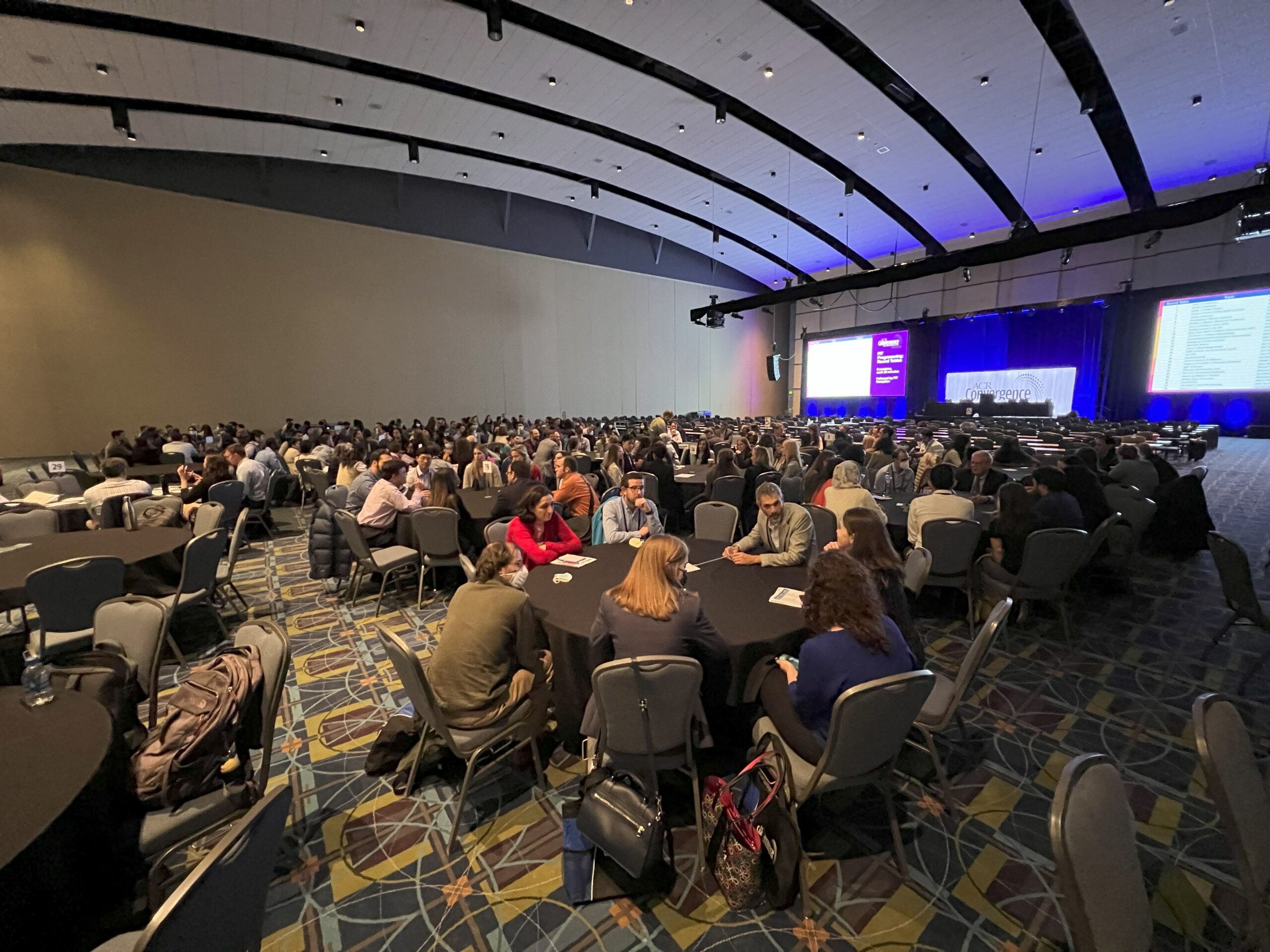
Following two years of virtual meetings, fellows in training were happy for the opportunity to meet in person during ACR Convergence 2022 in Philadelphia.
PHILADELPHIA—The fellows-in-training (FIT) programs at ACR annual meetings are highly valued educational sessions that also offer a forum for fellows to meet and connect with trainees from other programs. Fellows who were not able to meet in person during the pandemic years, particularly those who were in their second or third year of training, welcomed the opportunity to participate in this program at ACR Convergence 2022.
The FIT program was divided into two parts. The first included several presentations on a wide array of topics, including the development of a niche career path and an effective bio-sketch, negotiating a contract, financial planning, keeping up with the literature and doing all of that while maintaining work/life balance. Virtual hubs corresponding to the topics explored in part one were held during the remaining evenings of ACR Convergence for fellows who were unable to attend in person.
The second part was made up of more than 25 round tables, covering a variety of topics, with an expert moderator for each table.
Presentations
Justin Levinson, MD, MBA, an assistant professor of rheumatology, University of Wisconsin, Madison, and then-ACR FIT Subcommittee chair, welcomed fellows to the opening session and provided an outline for the program. Didem Saygin, MD, an assistant professor of rheumatology, University of Pittsburgh, and then-incoming ACR FIT Subcommittee chair, moderated the career panel.
Panelists included Bryant England, MD, PhD, an assistant professor of internal medicine in the Division of Rheumatology and Immunology, University of Nebraska Medical Center (UNMC), and a rheumatologist for the VA Nebraska-Western Iowa Health Care System; Arundathi Jayatilleke, MD, director of the rheumatology fellowship program, Temple University, Philadelphia; and Angus Worthing, MD, FACP, FACR, in private practice in the Washington, D.C., area. They represented distinct areas of the rheumatology workforce: clinical investigation, clinical education and private practice, respectively.
Questions focused on what motivated the panelists to follow a career in rheumatology, advice on private practice in rheumatology, how to be involved in research as a fellow, how to keep up with clinical skills and how to be involved in clinical education.
Fellows also asked pointed questions, such as why pediatric rheumatologists are not more involved in private practice in the U.S. Dr. Worthing mentioned that the number of pediatric rheumatologists remains low given the number of open positions. He said that when joining a practice, the question of coverage by other adult rheumatologists limits adult practices from opening up to pediatric rheumatologists.



